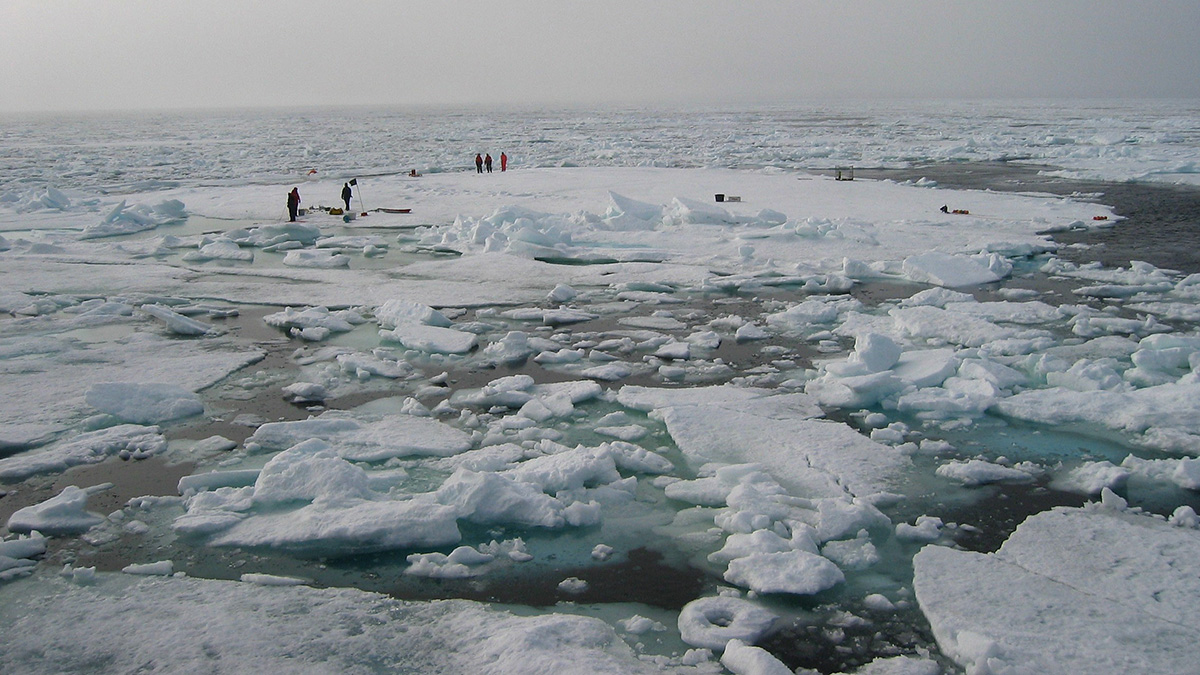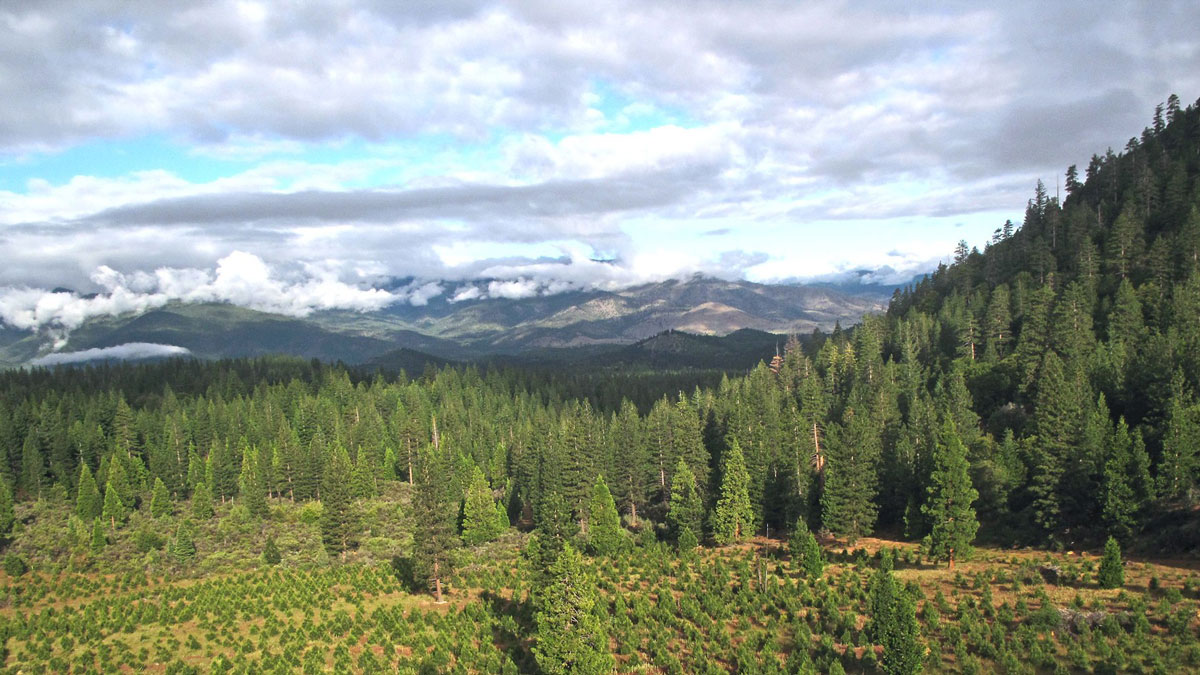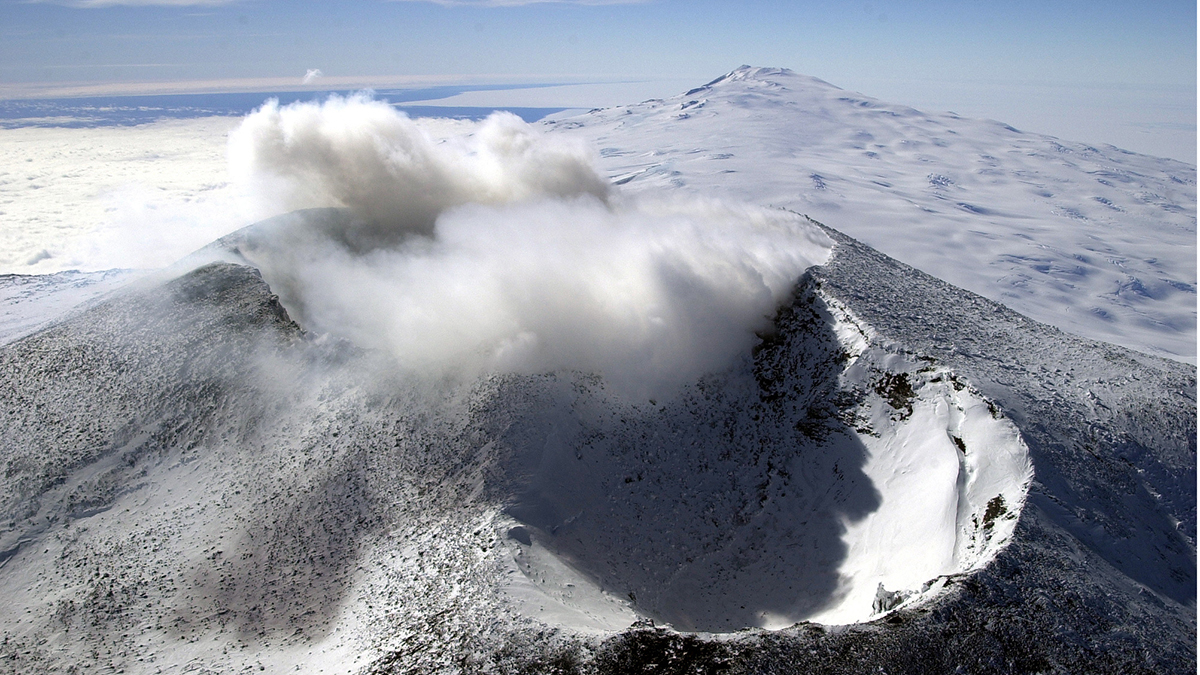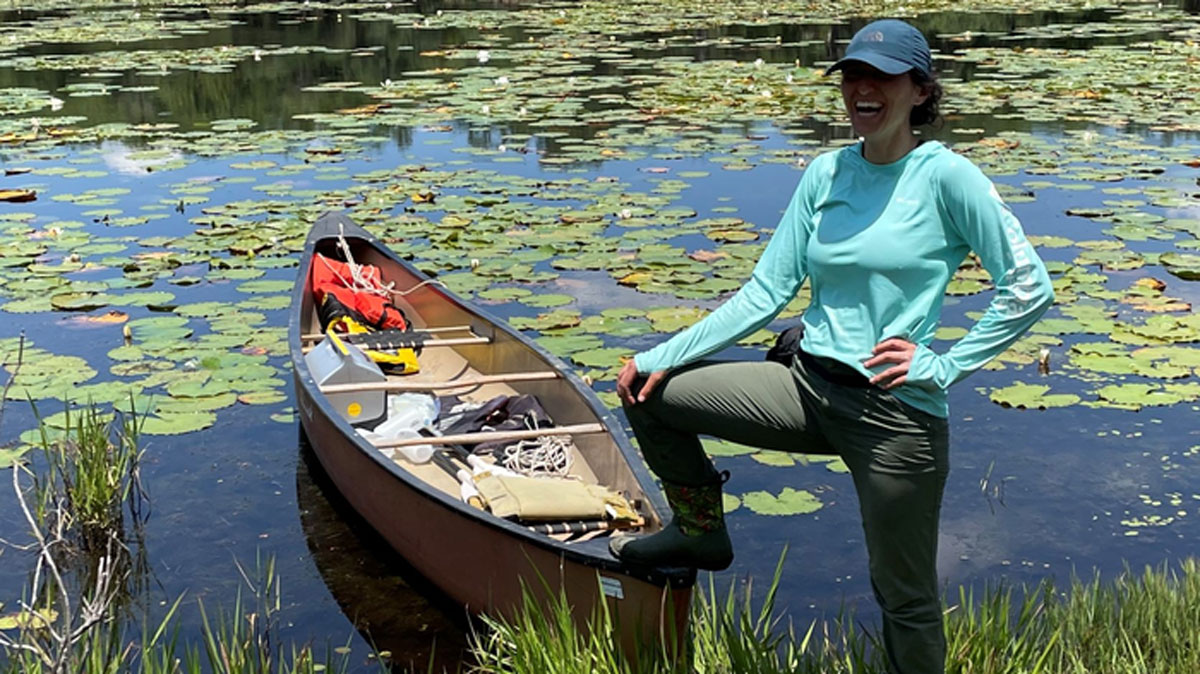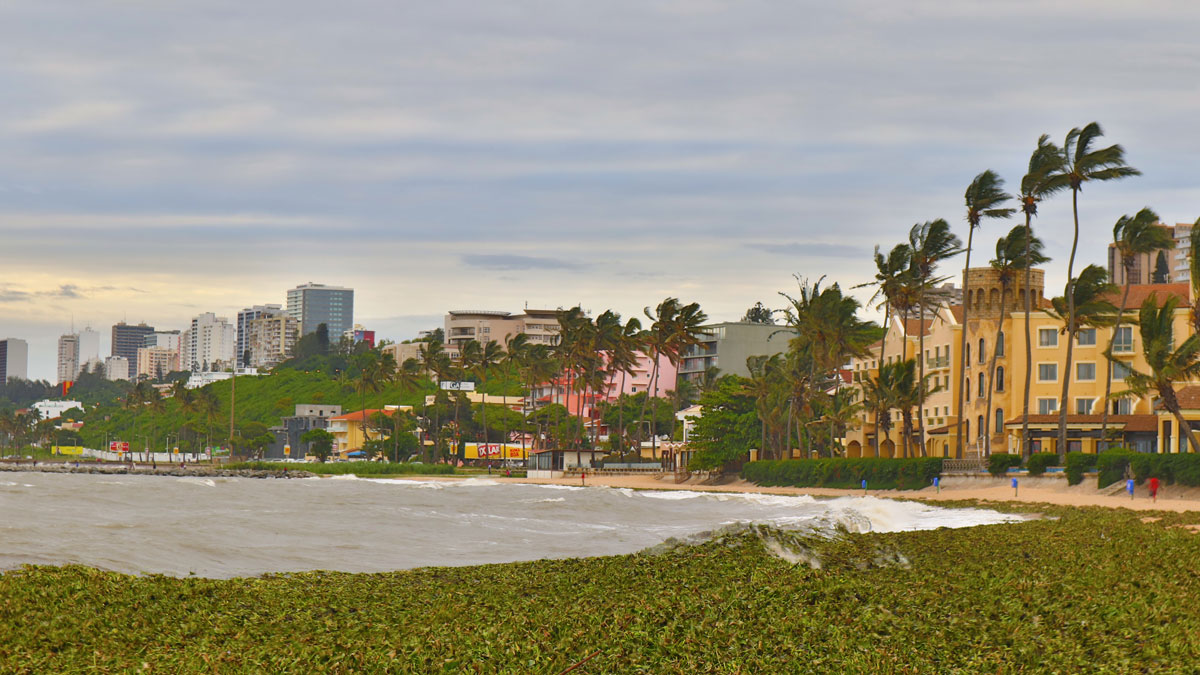Melt ponds in sea ice have thriving algal communities with startlingly high levels of photosynthetic activity.
News
A Hail of a Night in Mexico
When a severe hailstorm hit Mexico’s capital last week, citizens began to wonder whether climate change could be the cause. But is that the right question to ask?
Large-Scale Reforestation Efforts Could Dry Out Landscapes Across the World
The complex interactions between forests and the water cycle might end up with more rain falling in the ocean—far from a thirsty land.
Cuantificando los beneficios para la salud de una transición a energías limpias en EE. UU.
Eliminar la contaminación del aire relacionada con la energía en los Estados Unidos podría evitar aproximadamente 50,000 muertes prematuras y ahorrar miles de millones de dólares al año.
Unlocking the Magmatic Secrets of Antarctica’s Mount Erebus
Unprecedented images of Mount Erebus’s inner workings show the unique trappings of a CO2-rich rift volcano.
Stormwater Ponds Are Carbon Sources, Not Sinks
New research from Florida tracks carbon dioxide and methane emissions from human-created waterways.
Why Do Rivers Jump Off the Beaten Path?
Researchers sifted through 50 years of satellite imagery and came up with new clues to where and why rivers avulse, suddenly changing their course.
Reevaluating Ecosystems on the Basis of Climate Change Vulnerability
Climate change elevates the risk category of ecosystems across the United States, a new study finds.
Without Deep Emissions Cuts, Marine Species Face Mass Extinction
On the basis of how much oxygen marine species need and how much is available, researchers predict extinctions comparable to those at the end of the Permian under a business-as-usual emissions scenario.
Severe Storms Expose Ill-Equipped Weather Stations in Southeast Africa
The lack of infrastructure is preventing scientists from robustly reporting meteorological information as well as communicating warnings about hazard-prone areas.

